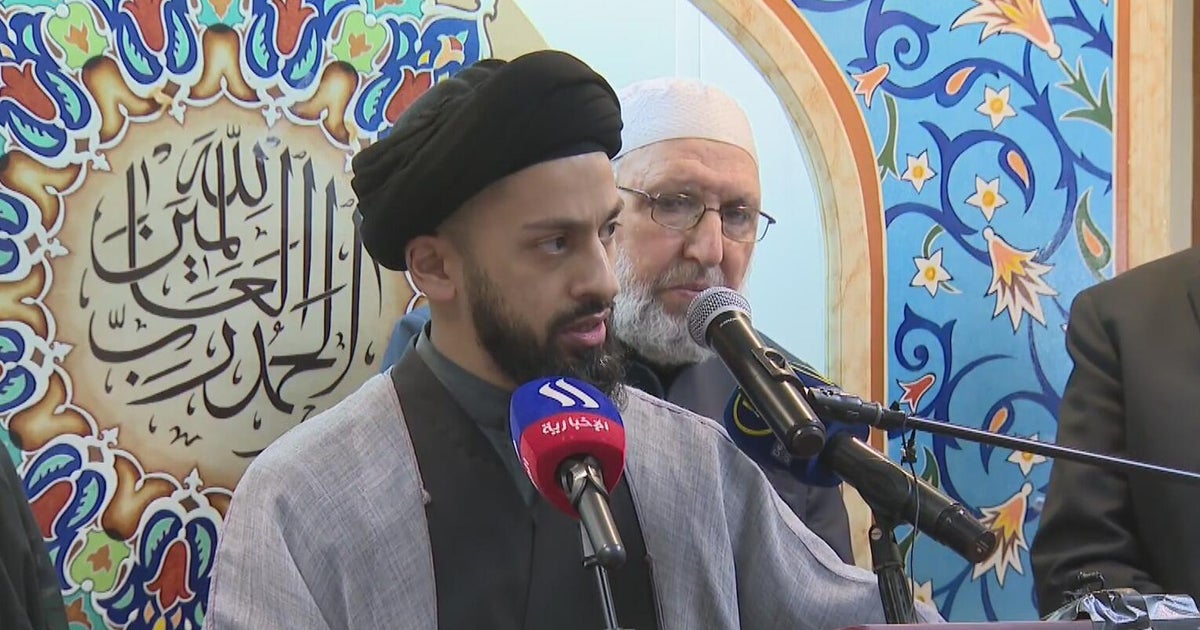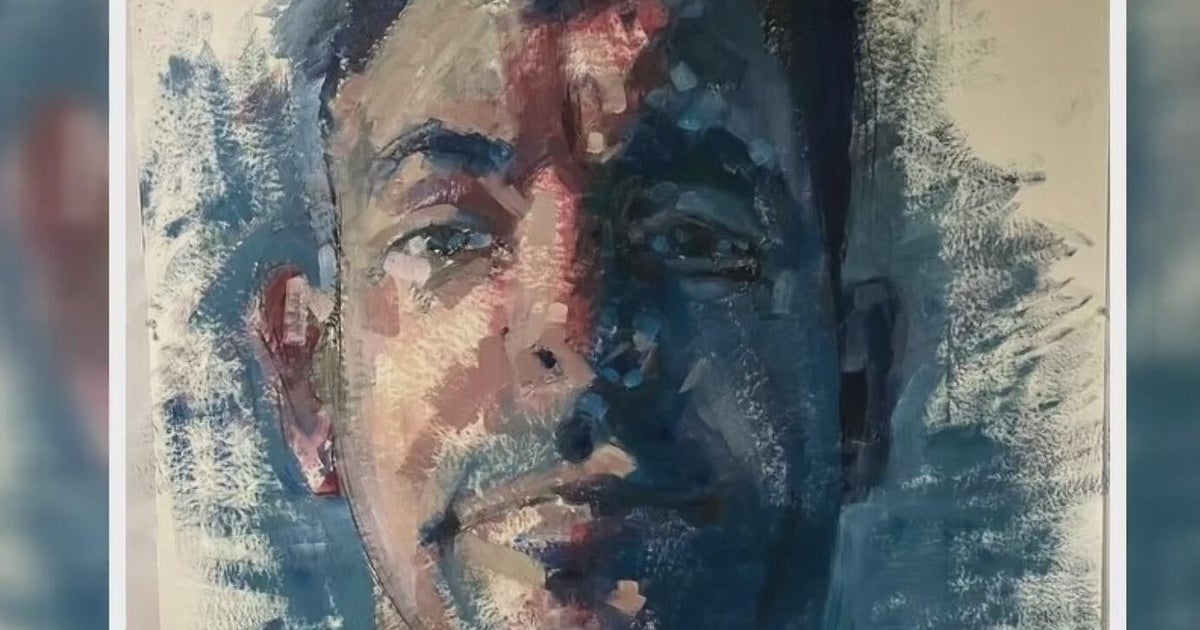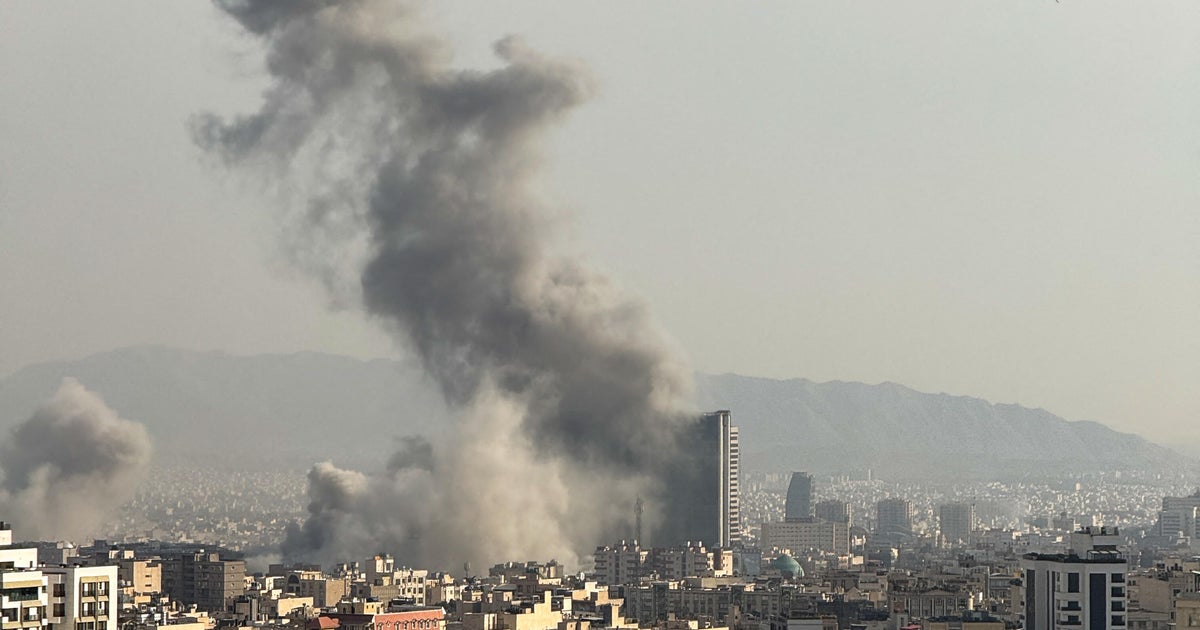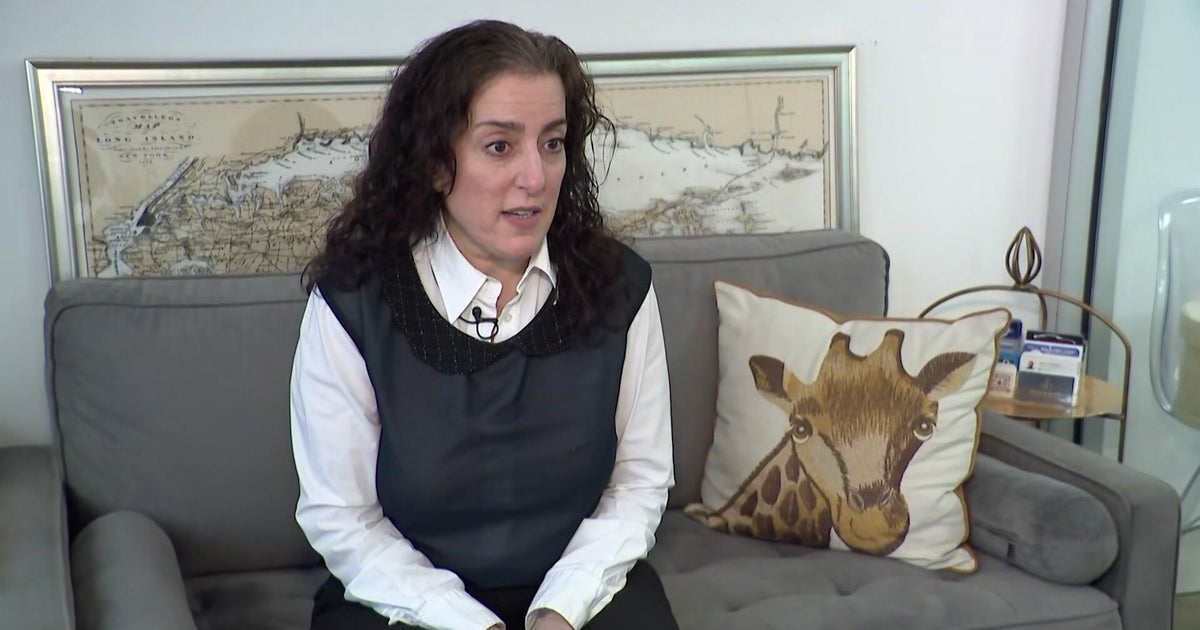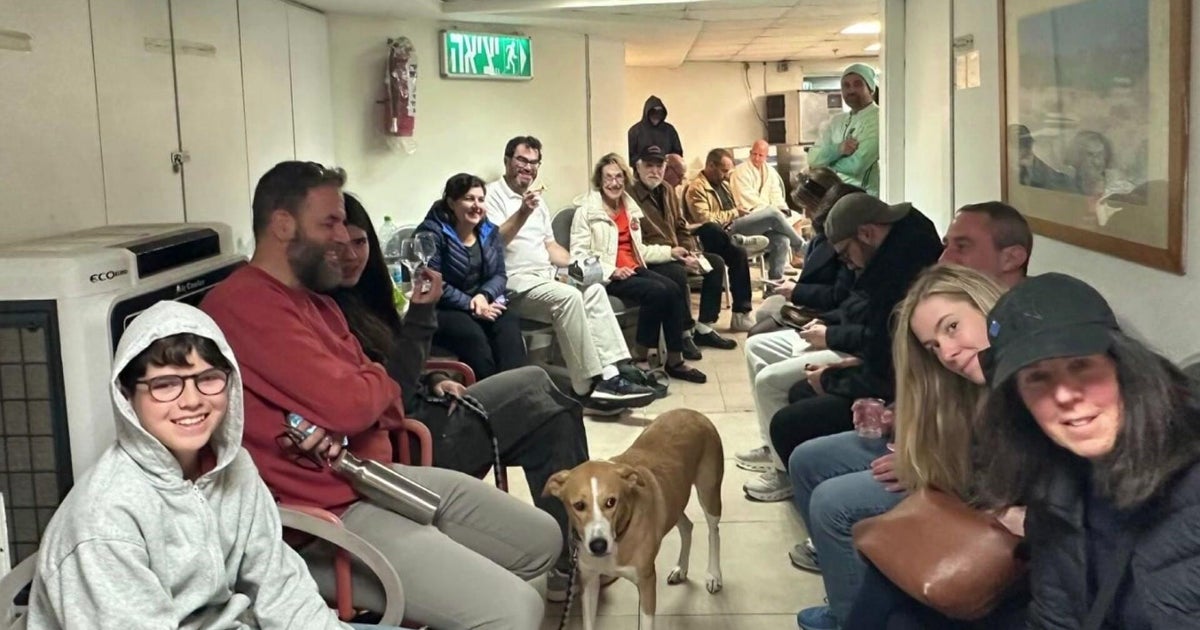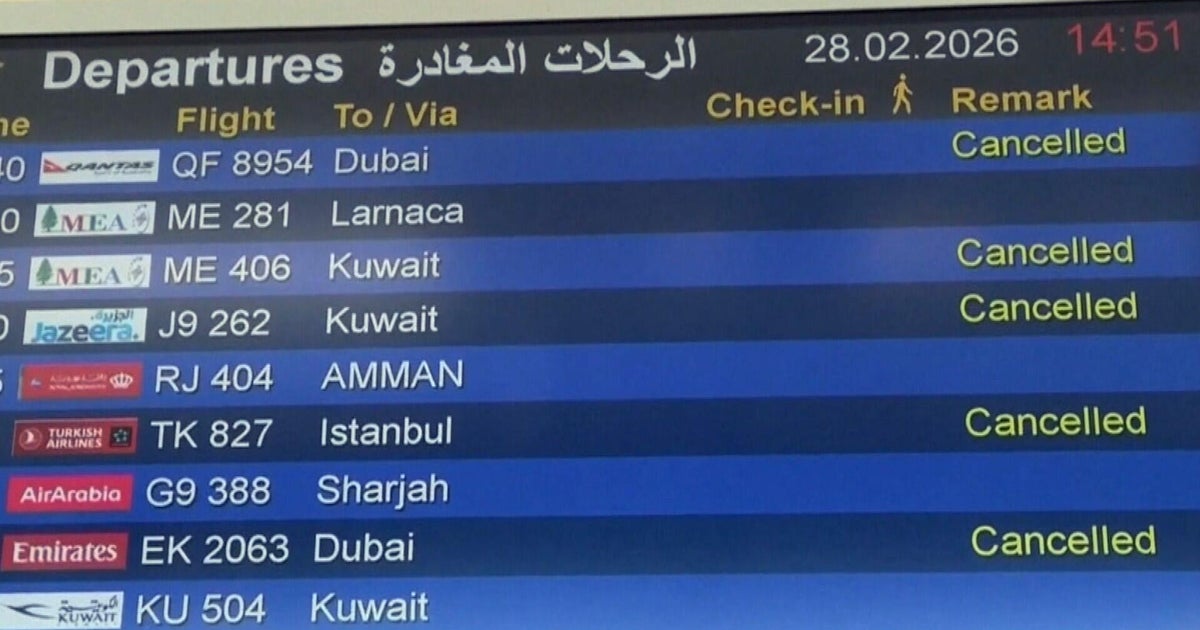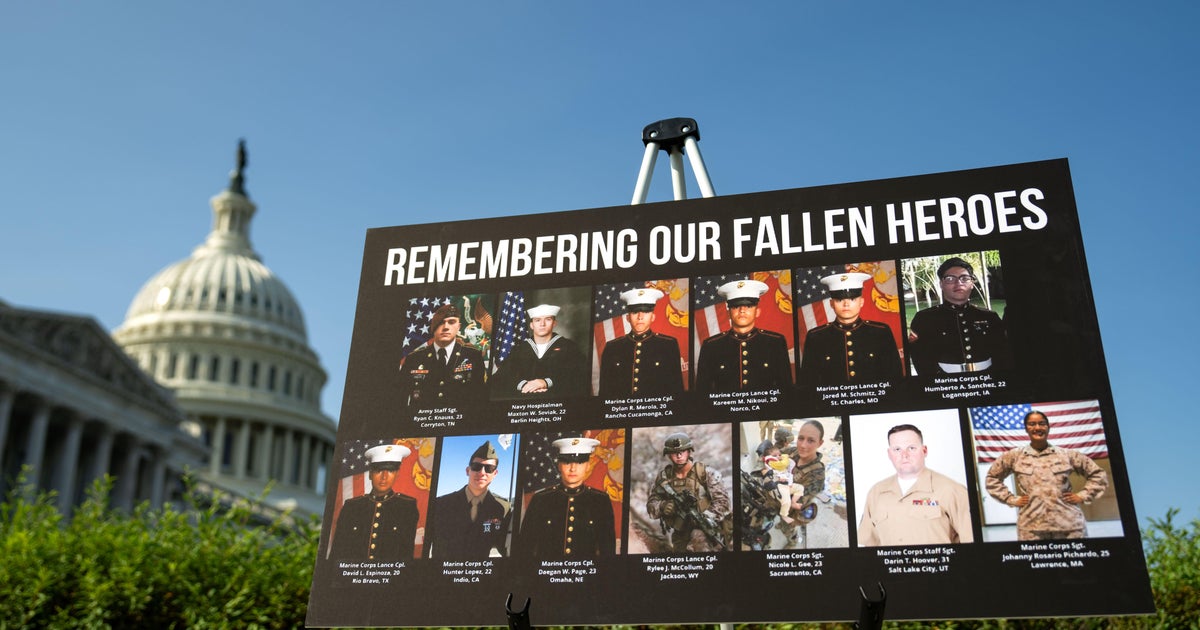Inside Pakistan: CBS13's Kurtis Ming Explores The Challenges Facing A Young Democracy
Islamabad, Pakistan (CBS13) — It's been dubbed the most dangerous country on earth. Sandwiched between Afghanistan, Iran and India, The Islamic Republic of Pakistan is widely known as a birth place to terrorists and where Osama Bin Laden hid out. While Americans may not have a favorable view of Pakistan, a February Gallup Poll found 92% of Pakistanis disapprove of U.S. Leadership.
Selected to travel to the country with a delegation of ten American journalists, I spent nine days in the country in March meeting with the government, community leaders, students and locals. The country is on the verge of making history.
They are the images of Pakistan you most likely haven't seen. Smiling children, filled with patriotism. Vibrant city streets. Nightlife under an open sky. And masterful architecture, centuries old. All sights I witnessed in a country on the verge of making history.
"We are seeing maturing of democracy," said Ahsan Iqbal Chaudhary of the Pakistan Muslim League (N).
Campaign signs are up for the much anticipated May 11th elections. For the first time, in the nation's troubled 60-year history, one democratic government will transition to another.
"This particular election will be the trendsetter for the future," said Tariq Fatemi a former Pakistani Ambassador to the United States
The politicians know their work is cut out for them. Analyst Dr. Hasan Askari Rizvi says terrorism is the nation's biggest challenge. He says even when terrorists are caught, there's often no justice because the witnesses are too afraid to testify. In some cases, witnesses end up murdered.
"It's so difficult to get evidence against them, which will stand the test of the court, therefore the court's released them," Rizvi said.
And then there are the hard to stop suicide bombers, carrying out attacks like the one at the Islamabad Mariott in 2008 that killed 54.
Our delegation of journalists stayed at the now rebuilt hotel which is surrounded by a bomb proof wall wrapped in barbed wire. You must get past armed guards, a bomb sniffing dog and metal detectors before entering the hotel. The fact is attacks most likely will not stop any time soon and young children are being trained to grow up to become suicide bombers.
DE-RADICALIZATION FACILITIES
Extremist kids, some as young as 9 years old, are being funneled into two army de-radicalization facilities created in the nation's tribal areas, where psychologists and religious leaders work to draw out the hate. In some cases it takes well more than a year.
To make sure they do not relapse becoming suicide bombers, Pakistani Major General Asim Bajwa says the boys are closely monitored through a system after leaving the program.
In three years, he says not one of the thousands of boys who have gone through the program has gone on to carry out a suicide attack.
Each child leaves taught a skill. The first learned stitching. Bajwa says a soccer ball they made for him is a ray of hope for the future.
"They had become skilled professionals who could earn a livelihood," he said.
But some think American policy is growing a new crop of terrorists.
Standing before students at a university in Lahore, I asked how many students approve of the United States using drone strikes to take out terrorists. The college students reflect what many in Pakistan feel with only four in the crowded room raising their hands. They say innocent women and children are also dying.
"A bomb doesn't see that this man is terrorist and this man is innocent. It just kills people," said student Awais Ahmed Malik.
While the majority of students are glad Osama Bin Laden is dead, they expressed resentment toward the United States for raiding his compound without working with the Pakistani government. Two students even suggested Bin Laden may not actually be dead saying Americans never produced proof of his killing.
Some say the answer to calming the violence is education and jobs. Fewer than half of Pakistanis can read with close to a quarter living in poverty.
"If people have no money to eat, to get education, to get food, then he will definitely go and will be utilized in the hands of the terrorists and the terrorist groups," said student Zille Huma.
But creating jobs and expanding industry is a challenge when you don't have enough gas or electricity to go around. One thing we have taken for granted in the United States is having constant power. As we experience during several meetings with politicians, community leaders and locals and at our hotel, the power can go out multiple times a day.
It's no wonder you'll find a working donkey pulling a cart just feet from a bustling highway. But during my 9 days in Pakistan, I found there's no shortage of energy when it comes to the will of its people who are hopeful for peace and stability in Pakistan.
(This trip was paid for as part of a fellowship with the East West Center in Hawaii)

